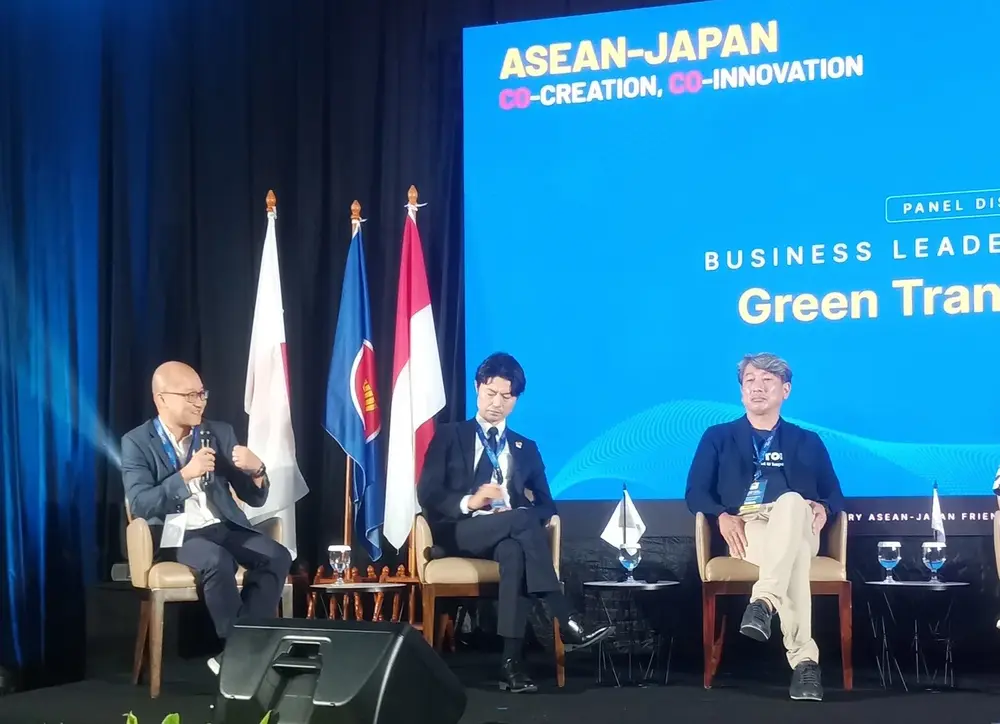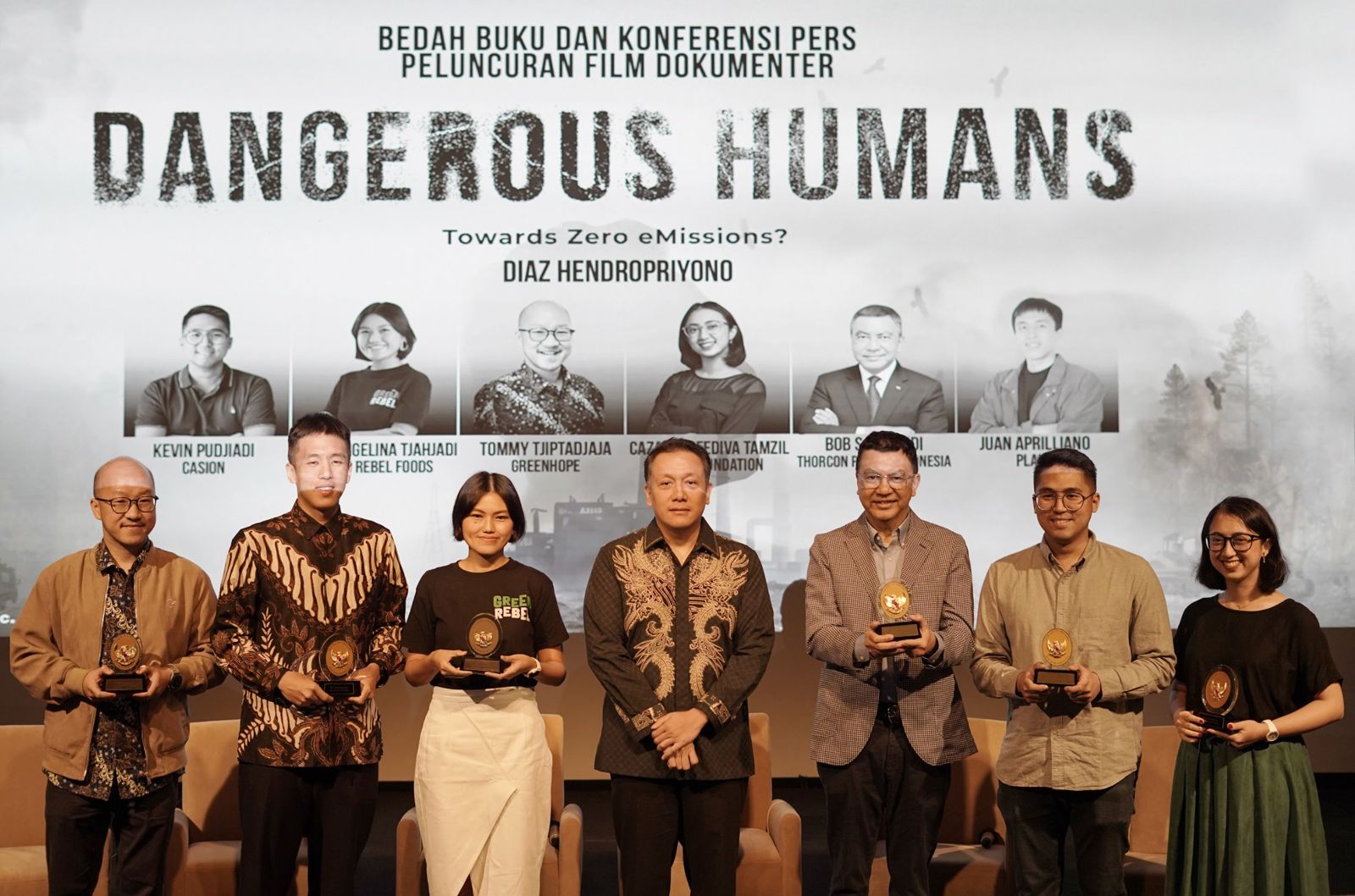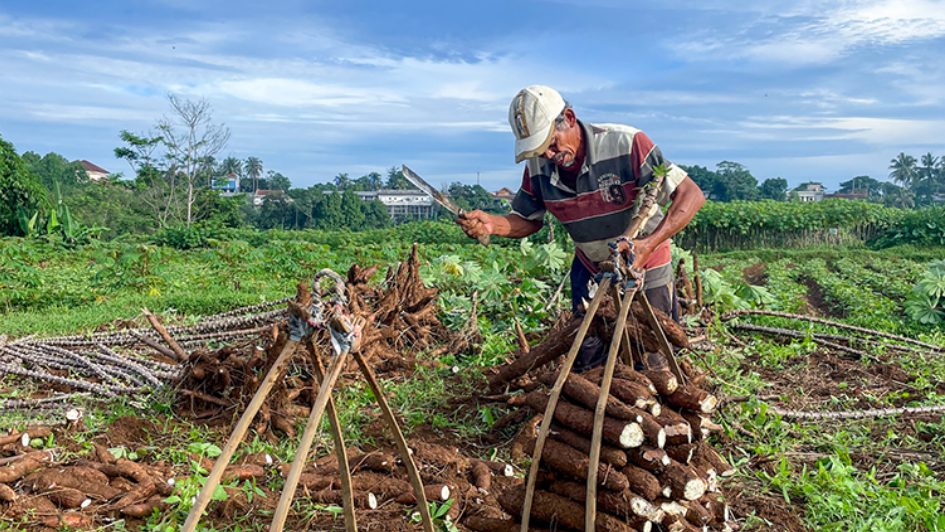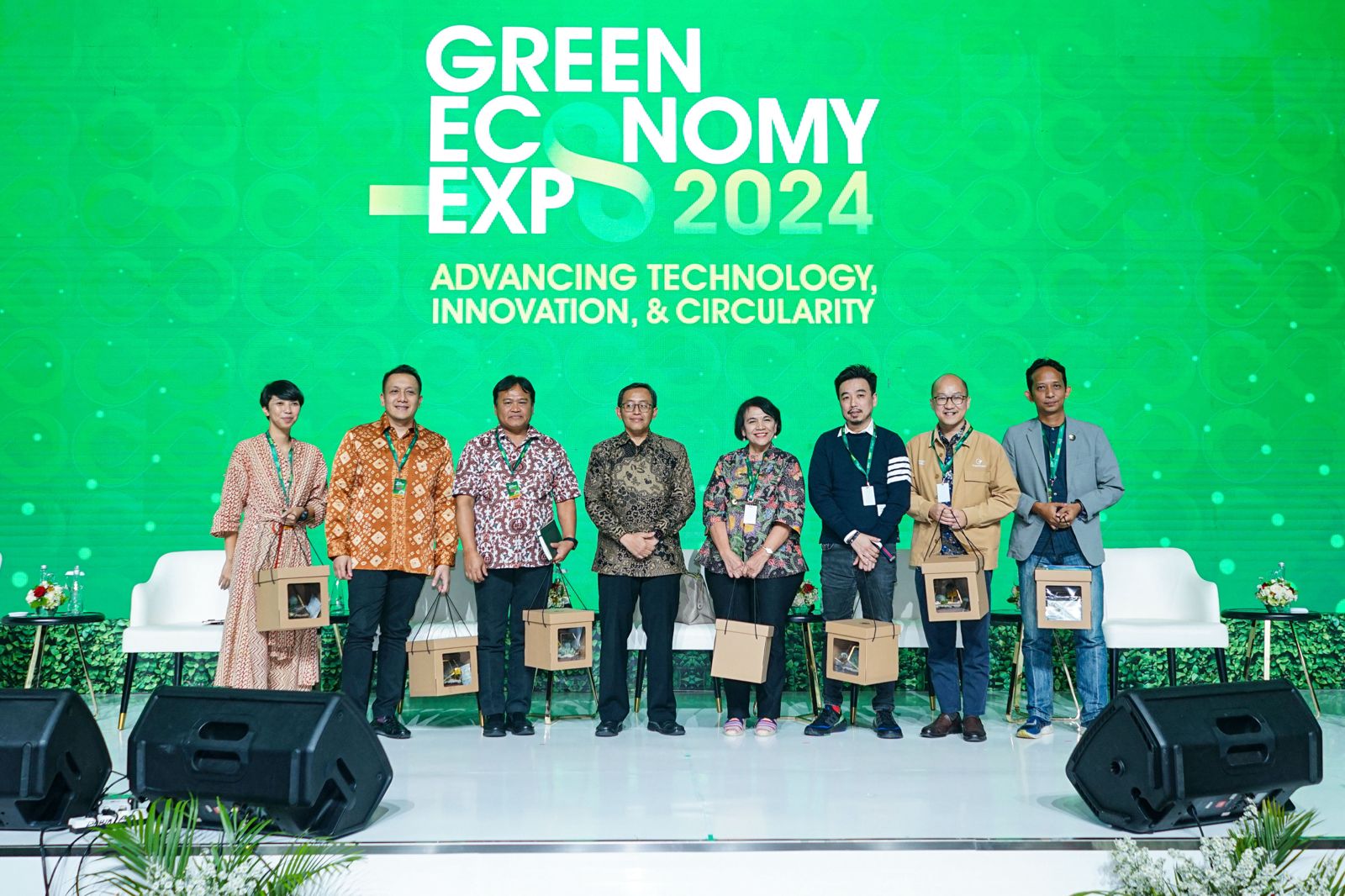Asean-Jepang, Green Transformation
Tuesday, 07 March 2023
ASEAN-Japan Co-Creation & Co-Innovation Event
Business cooperation between Japan and Asean (Association of South East Asia Nations) countries has been going on for 50 years. In this half-century period, the business expansion of countries in the region has grown very rapidly.
In accordance with the trend of the world's industrial development towards green and renewable, the industrial trends of countries in the region are also developing in the same direction. Most recently, the Indonesian Chamber of Commerce (KADIN) together with The Japan External Trade Organization (Jetro) and the ASean Secretariat commemorated the 50th anniversary of Asean-Japan cooperation by holding an event called "ASEAN-Japan Co-Creation & Co-Innovation". One of the topics in the talk show was green transformation.
Present as speakers in the talk show were Tommy Tjiptadjaja (Co-founder & CEO of Greenhope.co), Hiroshi Ishikawa (Special Advisor to the Japanese Minister of Economy, Trade and Industry), Tomoichi Yamaguchi (Founder of Santomo Resource Group), Moehammad Ichsan (CEO of Octopus Indonesia) and Antonius Ardian Bermana (Chief of Strategy, PT Semen Indonesia Tbk / SIG). The main objective of the discussion was to provide an understanding of the current state of green transformation from an industry and government policy perspective and to identify opportunities and challenges to achieve a better future.
To ensure the sustainability of Japan-Asean green economy cooperation, Tommy Tjiptadjaja said that the key is the Trifecta of values. "The first is the preparation of a roadmap on price because if the price is too high, the demand for goods will be small," he said. Second, he added, is the functionality of the technology when it is developed as an application in the downstream industry. "Because we are an upstream bio resin producer, we understand very well about materials, raw materials and cooperation with our cassava farmer partners, but we don't understand enough about the application needs of our technology in the Japanese market," Tommy said.
Furthermore, he said that technological innovations made by Greenhope must have a positive impact on the environment. "Talking about environmental sustainability, each region or country can be different. For example, Japan told us that they need high vegetable content to reduce carbon emissions," he said. Therefore, Tommy added, Japan does not mandate the use of plastics from non-renewable materials even though they are biodegradable or compostable.
With the increasing efforts to reduce carbon emissions, there is a tendency for many countries to develop plastic technology made from plant-based raw materials. "So, in conclusion, what we need in cooperation with the Japanese side is to develop markets, joint research and development," said Tommy. This joint research and product development, according to him, will have a positive impact due to the spread of markets around the world.
The ASEAN-Japan Co-Creation & Co-Innovation event was opened with remarks from the Japanese Ambassador to ASEAN HE. Kiya Masahiko. In his speech, Ambassador Kiya stated that this year will provide a great opportunity for ASEAN and Japan, as this year coincides with 50 Years of ASEAN-Japan Friendship and Cooperation. He hopes that with this event, the implementation of green economy in Indonesia can be realized and people can feel the impact of green economy.



